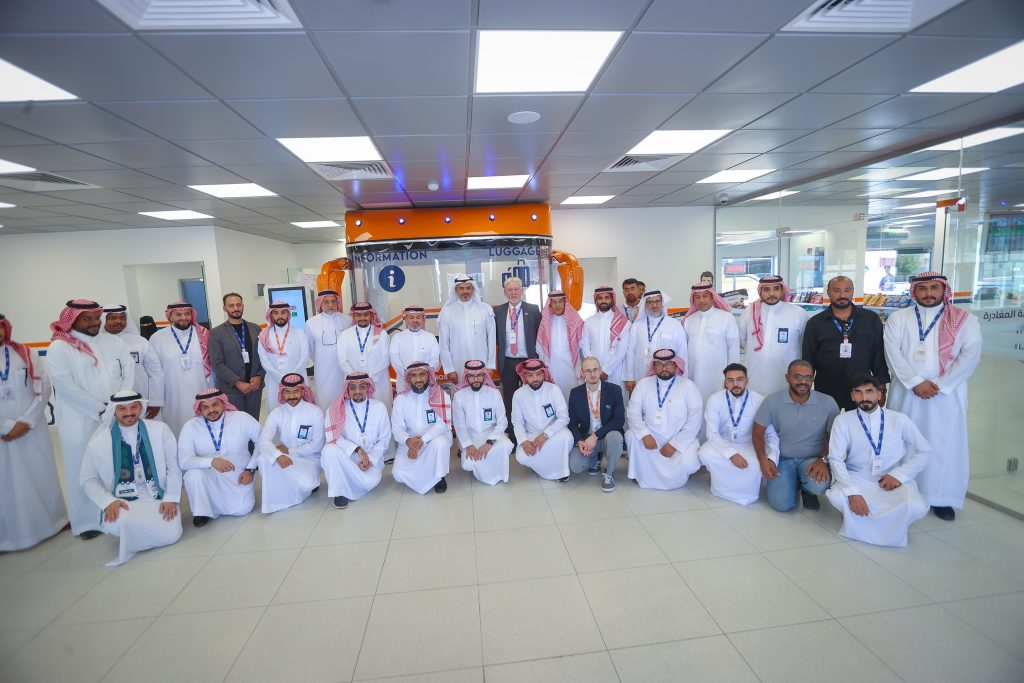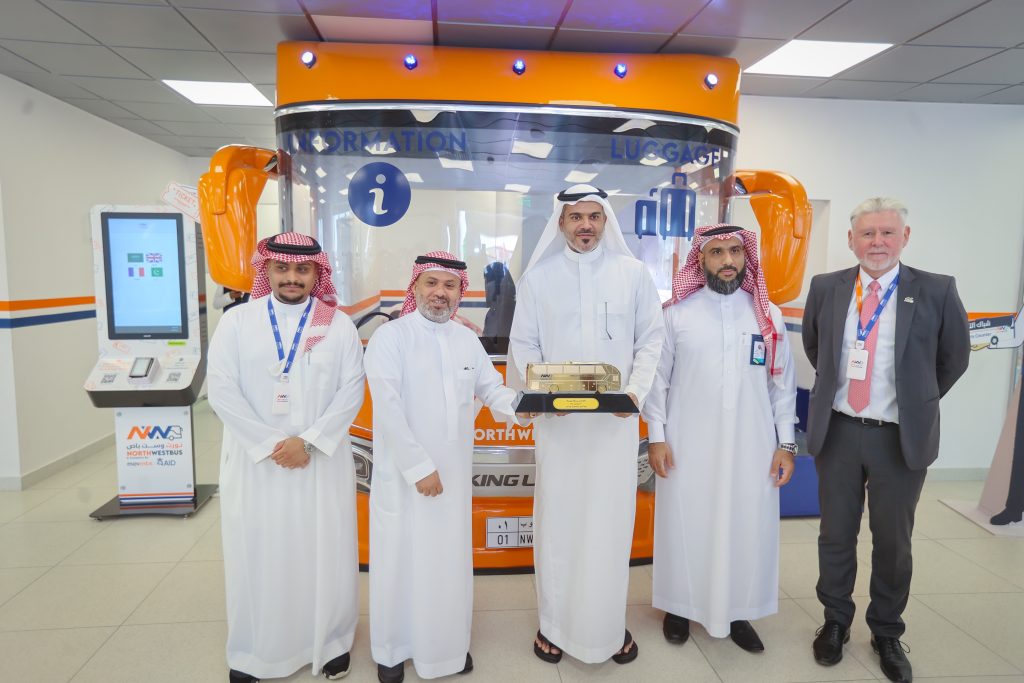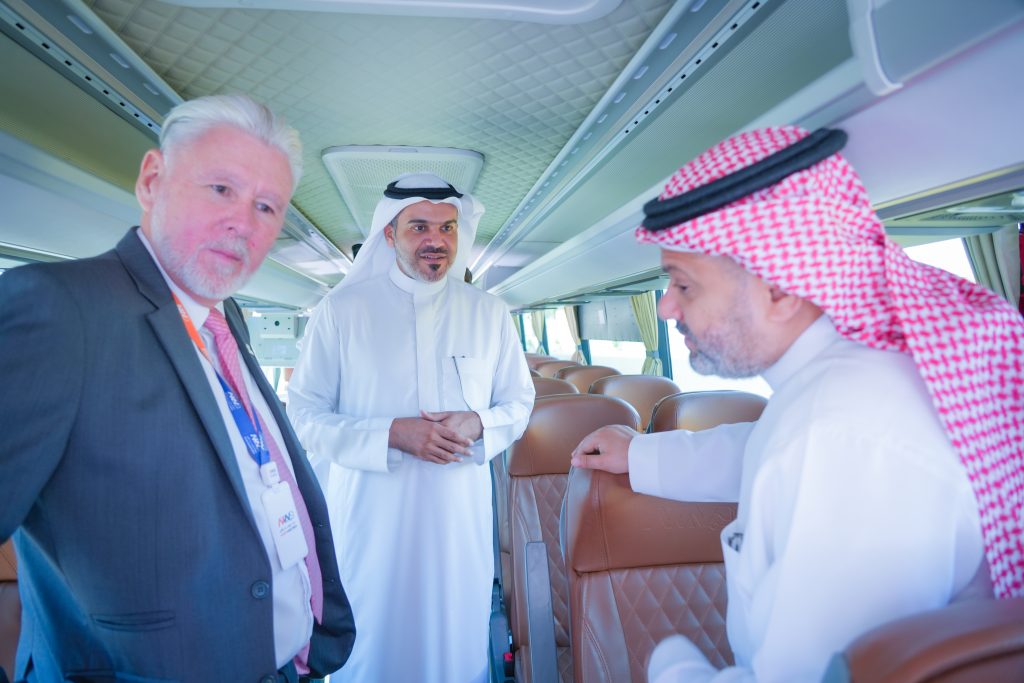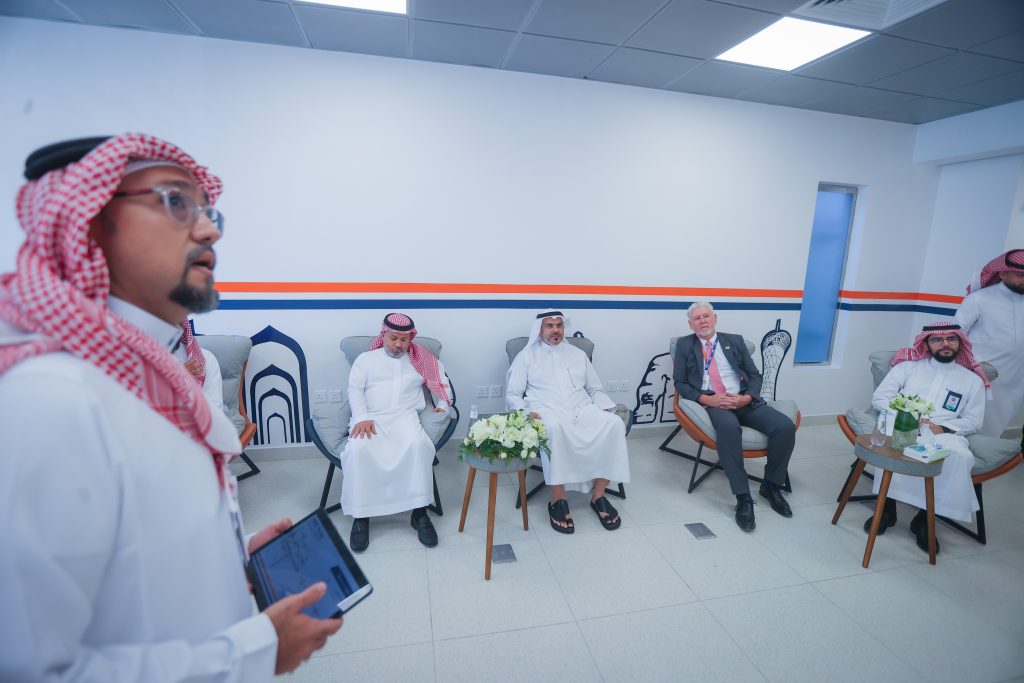Opening of the “Northwest Bus Model Station” in Tabuk to Enhance Connectivity Across the Northwest and Support Vision 2030 Goals
Tabuk — [September 30, 2025]
Northwest Bus announced the official opening of its new Tabuk station, designed as a modern gateway connecting cities and governorates across the Kingdom of Saudi Arabia. This marks a milestone step toward improving passenger bus travel quality and expanding reliable, comfortable options for travelers, in support of the national goal of increasing the public transport share under Saudi Vision 2030.
Mr. Salah Qaid, Chairman of the Board of Northwest Bus, stated:
“Tabuk Station represents a practical leap in the bus travel experience: clearer schedules, real-time information, and higher comfort from the moment passengers enter the station until they reach their destination. We are committed to providing reliable service at fair prices, while investing in technology and talent to make the journey easier, faster, and safer.”
Key Features for a Complete Guest Experience:
- Smart Operations: Real-time trip information system within the station.
- Digital Booking & Payment: Ticket purchase and seat selection via website, self-service kiosks, and local payment channels.
- Comfortable Facilities: Waiting lounges, service points, and Arabic/English signage.
- Safety First: Organized boarding procedures, regular fleet inspections, and continuous driver/staff training.
- Integrated Connectivity: Stronger links between Tabuk, Jeddah, Makkah, Madinah, Yanbu, Duba, and nearby governorates, including tourism-focused connections to key destinations.
- 24/7 Support Channels: Around-the-clock call center for booking, assistance, and inquiries via phone, email, and digital channels.
Economic and Service Impact
The opening of Tabuk Station contributes to smoother mobility and reduced reliance on private vehicles. It also supports tourism development by enabling better-organized connections to destinations and events. In addition, it creates direct and indirect job opportunities in operations, logistics, and related services.
Sustainability and Operational Efficiency
Northwest Bus is adopting a phased approach to improve efficiency and minimize operational waste, with plans to expand low-emission solutions and introduce electric buses where feasible. Data-driven analysis will also be used to optimize schedules and connectivity routes.



